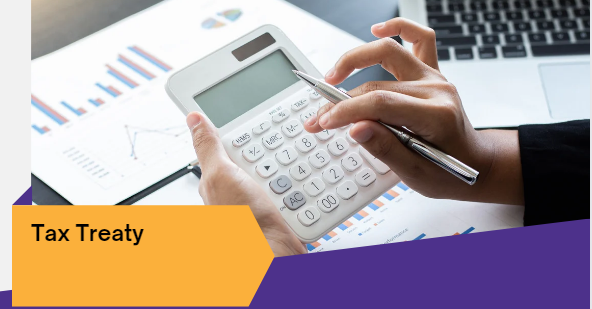The term used for tax treaties in Indonesia is “Perjanjian Penghindaran Pajak Berganda” (P3B) In English, it is known as a double taxation avoidance agreement or a tax treaty. The P3B is an agreement between Indonesia and another country that is designed to eliminate double taxation of income and to prevent tax evasion. These agreements typically contain provisions for determining the tax residency of individuals and businesses, as well as rules for the allocation of taxing rights between the contracting countries. Indonesia has entered into tax treaties with many other countries to promote trade and investment, and to provide greater certainty and predictability for taxpayers engaging in cross-border transactions.
A tax treaty, also known as a bilateral tax treat which is an agreement between two countries to prevent double taxation of individuals and businesses who are subject to tax in both countries. The purpose of a tax treaty is to establish a framework for cooperation between the two countries, to avoid double taxation and to ensure that individuals and businesses are not required to pay more tax than they owe. Typically, tax treaties cover a wide range of taxes, including income tax, capital gains tax, and inheritance tax.
The tax treaty usually defines the rules for determining which country has the right to tax different types of income, and how much tax can be levied by each country. It may also provide for the exchange of information between the two countries to prevent tax evasion and improve compliance with tax laws.
Overall, tax treaties aim to promote international trade and investment by providing greater tax certainty and reducing the risk of double taxation, which can discourage cross-border business activities.
The Residence
The residence terms in a tax treaty refer to the criteria used to determine the tax residency of an individual or a business for the purpose of the treaty. Tax residency is important because it determines the country in which an individual or business is subject to tax on their worldwide income.
Most tax treaties use the “tie-breaker” rules to determine the tax residency of individuals who are considered residents of both treaty countries. The tie-breaker rules typically take into account factors such as the individual’s permanent home, the center of their personal and economic interests, their habitual abode, and their nationality. These factors are evaluated in a hierarchy, with the most important factor taking precedence over the others.
For businesses, tax treaties usually use the “place of effective management” test to determine tax residency. This test looks at where key management decisions are made and where the company’s day-to-day operations are conducted.
It’s important to note that the residence terms in a tax treaty can vary from treaty to treaty, and each treaty may have its own set of criteria for determining tax residency. It’s also important to understand that tax residency for the purposes of a tax treaty may differ from tax residency for the purposes of domestic tax laws, as each country may have its own rules for determining tax residency.
Also Read : Permanent Establishment, list of Tax treaty

